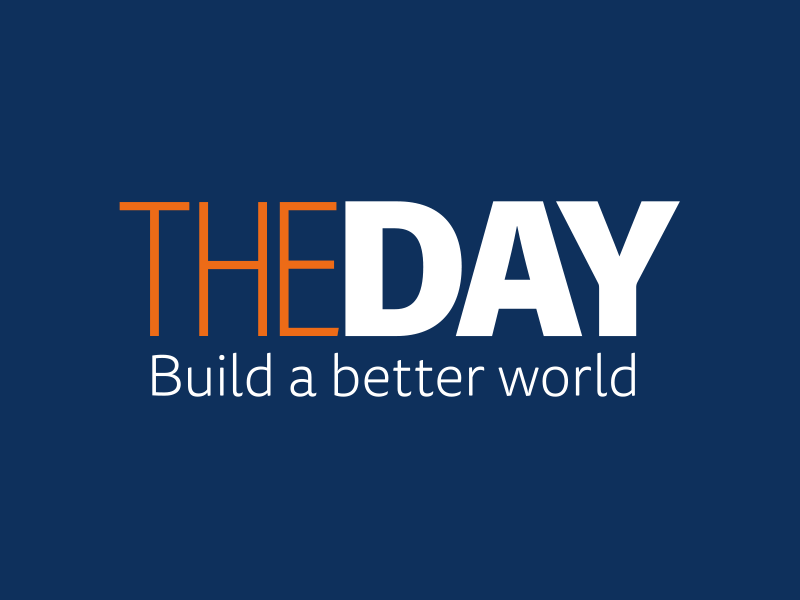The Repercussions of Cystic Acne on Mental Health
Neerja, Ahmedabad International School, India
Writing this is excruciating.
I am taken back to November 2023, when my cheeks looked like swollen turnips with hardly any skin visible underneath. Every step outside my room felt like a battle that I had to conquer. It was do or die – either I give myself the harsh self-talk and get out, or crumble into pieces slowly as I continue to stare at my reflection in the mirror. Both would end with me in tears, both would leave an unfillable void in my chest.
I had to attend a wedding in the same month that I had the cynical cystic acne outbreak. I can still see myself standing in the bathroom with a concealer stick in hand, naively trying to make the redness less obscure when I was only making the uneven texture more prominent. No gorgeous ethnic wear or jewellery could make me feel happy. I looked at others with beautiful clear skin and ran off elsewhere, someplace where my ugliness would be less highlighted.
I remember waking up in tears, knowing I couldn’t go to school looking like I had a stubborn, nasty allergic reaction. I was compelled to miss important tests and practice sessions; it was horrible to see me shut myself down, becoming increasingly socially awkward as the acne worsened.
In a 2021 report by the ‘National Institute for Health and Care Excellence’, mental-health support for people with severe long-lasting acne was suggested. Distressing problems like low self-esteem, social anxiety, and social comparison bias that arise from cystic acne are legitimate. In acute cases, depression and suicidal thoughts can be potential threats and anyone who is suffering needs to be comforted.
While the red bumps on my face have subsided, what I am left with now are pits in my cheeks. A ‘National Library of Medicine’ report stated that “Acne scarring is associated with significantly higher levels of social anxiety, higher frequencies of social phobia disorder, generally decreased social functioning, and greater emotional role difficulties”, and I couldn’t agree more. I am living with a perennial inferiority complex and my heart sinks each time I meet people whose face isn’t punctured like mine.
Nobody deserves to feel unlovable – the traumatizing experience of having persistent inflammation in the face is bad enough. As a patient with this self-reprimanding condition, I wish I had a better support system. And I don’t mean in terms of dermatologists – I am sure there are enough of them already – but people who can sympathize with cystic acne patients, understanding that it can affect more than just the skin. Cultivating emotional intelligence is key.
If you know somebody who is suffering from cystic acne, stop commenting on their skin even if it’s out of goodwill. The person knows what their face looks like. Odds are, they spent the night crying about it and the last thing they need is advice on how they should drink more water or cut down on sugar. Cystic acne is physically challenging already, and a responsible society must not make it mentally unbearable too.
So the next time somebody shares their cystic insecurity with you, be considerate. Cystic acne is NOT a ‘first-world problem’ and it is high time we stop treating it like one.
Cite
While every effort has been made to follow citation style rules, there may be some discrepancies. Please refer to the appropriate style manual or other sources if you have any questions.






